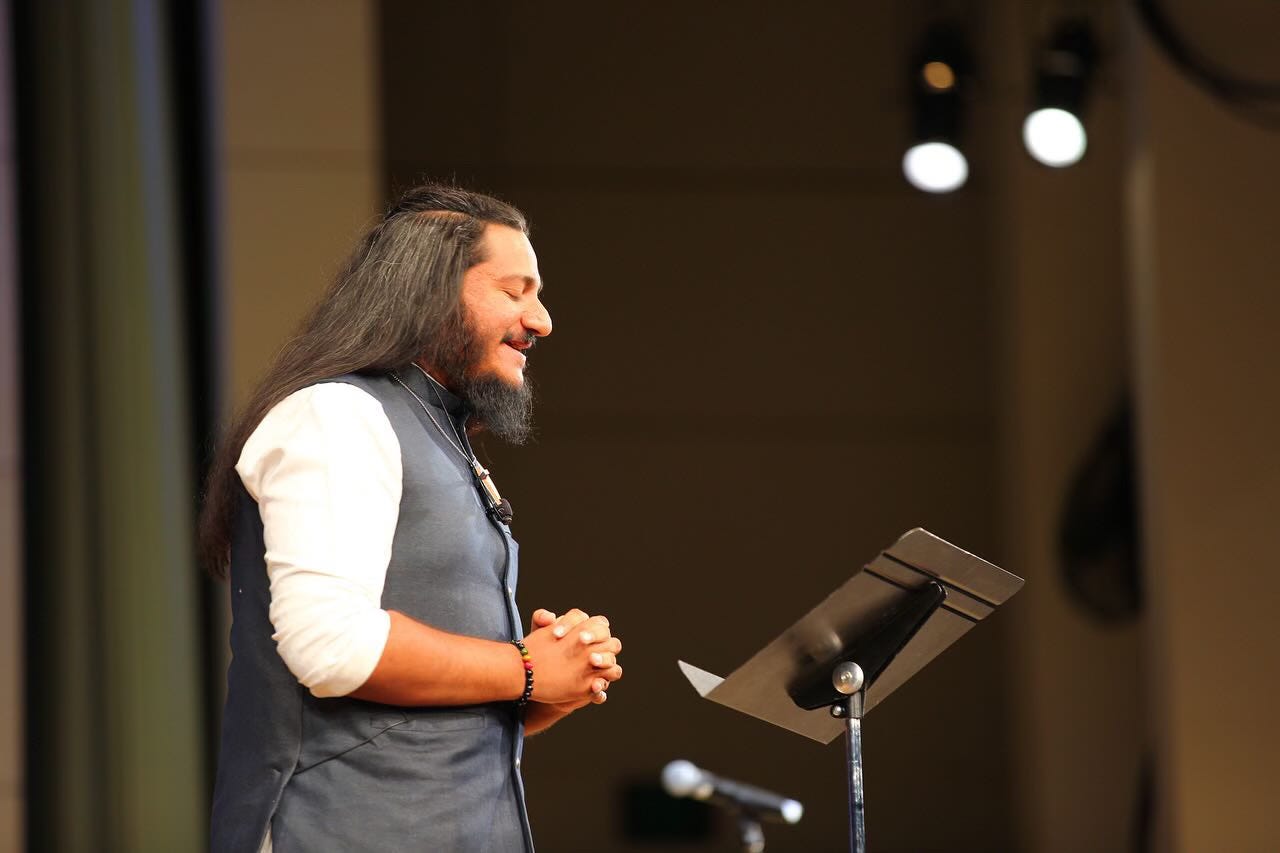Holy Week is beautiful. But for so many of us who are decolonizing our theology, days like Good Friday (just like any other moments on the liturgical calendar) can be incredibly difficult to make sense of.
Too many of us have been conditioned to think of Good Friday as a hyper-individualistic moment in human history. And it shows.
Over the past few weeks, I’ve been watching a trend go around social media: well-intentioned North American church leaders going around their church community asking their members, “Why is Good Friday good?”
One of the most common responses that lay North American evangelical Christians (across all demographics) seem to share is this:
“Good Friday is good because Jesus died for MY sins!”
Now I want to be careful to not be seen as trashing faithful churchgoing Christians or church leaders here (especially being a churchman myself). So my critique is not so much about these siblings but the hyper-individualistic western evangelical ecosystem that has conditioned so many of us to think of Good Friday in this way.
Here’s the reality: Good Friday is not primarily about Jesus dying for *your* or *my* sins. It’s about Jesus dying for the sins of the world (including injustice & oppression) by taking on the human form of a victim of injustice & oppression himself - of which you and I happen to be a part of.
And until we decolonize our theology of this hyper-individualistic view of the Cross, we will never come to appreciate the marginalized nature of Christ on full display at the Cross of Calvary.
Something I find myself appreciating about the Good Friday / Passion Narrative this Holy Week is its many political theology themes like the following:
1. Jesus telling Pilate, “You would have no power over me unless it had been given you from above.”
2. Pilate abusing his power to commit injustice because he was terrified of being seen as anti-Empire; when he should have really been terrified of a higher divine authority who stands with people in oppression.
3. The religious leaders rejecting Jesus and his ways by saying, “We have no king but Caesar.”
What makes Good Friday ultimately good is that God stands in solidarity with victims of injustice, colonization and Empire; because Jesus himself was a victim of injustice, colonization and Empire.
And that is good news for all of us.
For more of my musings on the Cross of Christ and its implications on the work of justice, you can check out a recent podcast conversation with my dear friends, Danielle Strickland and Pastor James Sholl here:


